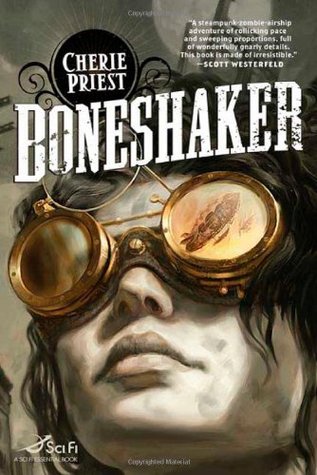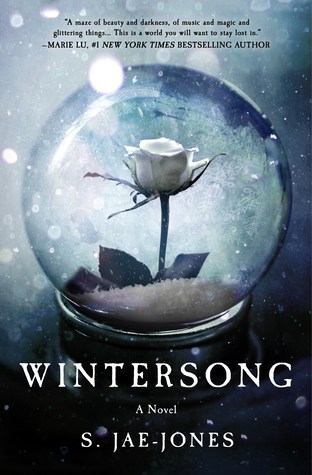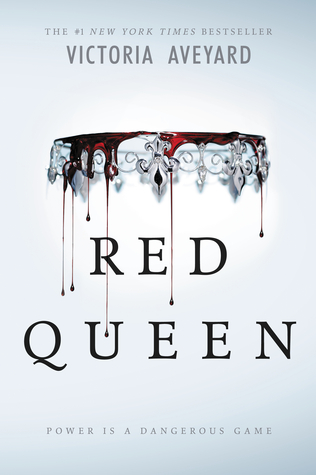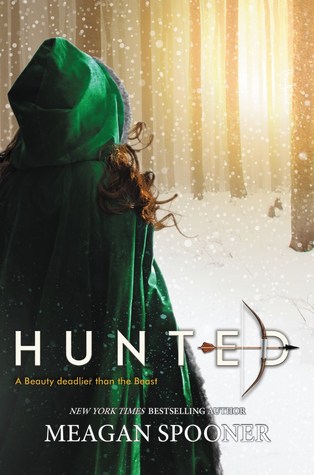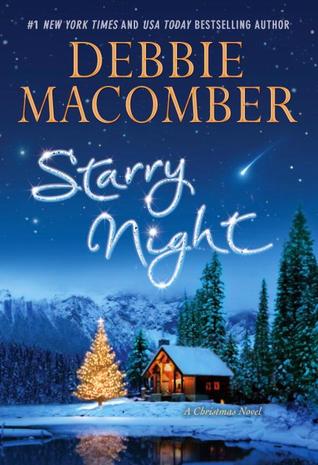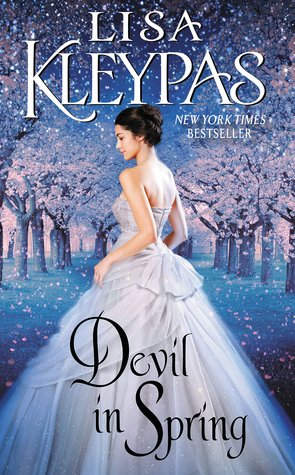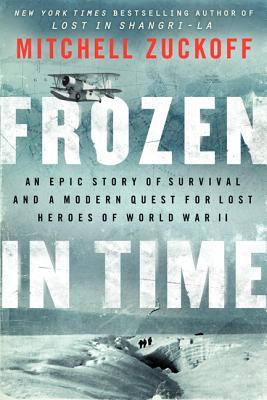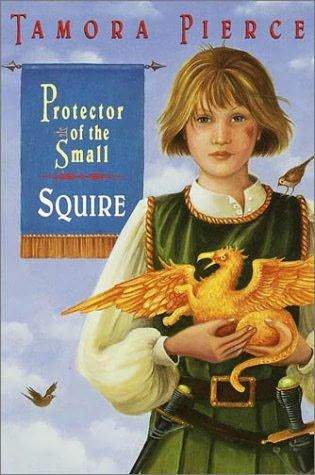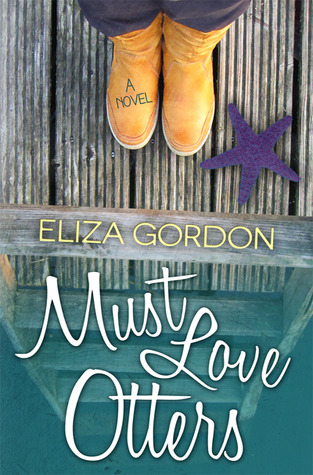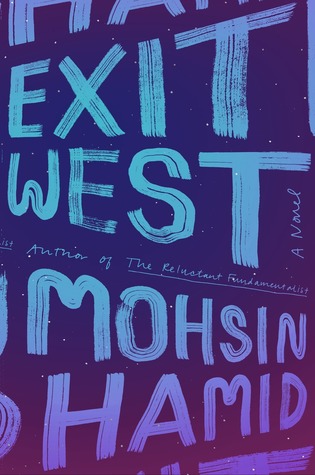 "...when we migrate, we murder from our lives those we leave behind."
"...when we migrate, we murder from our lives those we leave behind." Exit West was my March Book of the Month selection. Promising the story of two lovers forced into an early intimacy by a civil war sweeping their city and their attempts to escape, it seemed particularly fitting for current political situations around the globe.
The protagonists are Saeed and Nadia, two young adults (in their twenties, presumably) living in a city somewhere in the Middle East. At first I thought it was supposed to be a city (though not necessarily a real one) in Syria, but the further I read the more I became convinced that the actual locale wasn't supposed to matter, because this was a city that could have been any city in that region, and that was the point. Their city is increasingly torn apart by a civil war, and they are beset with bombs and loss of electricity and checkpoints, and eventually even the loss of Saeed's mother. Ultimately, the two decide that they have no choice but to leave.
This is where the book gains a magical realism element. It's actually evident earlier in the book, but it doesn't become apparent as to what's really going on until Saeed and Nadia decide they have to flee. See, there are doors in this book. Doors that don't take you where they're supposed to go--like out to your front yard or into your closet--but instead to different places altogether. The chapters of the book are all studded with little stories about other people in other parts of the world who are stumbling across and using the doors, but that they're actually being transported across vast amounts of distance instantaneously isn't entirely evident until Saeed and Nadia flee through a door, ending up in the Greek islands.
This is the story of people on the move and of the rise and fall of a relationship. Saeed and Nadia are initially taken with each other, and spend so much time in contact with each other, both physically and virtually. But as they flee chaos time and time again, their relationship begins to sour and grate and they begin to drift apart, and each "exit west" takes them not only farther from their homes, but farther from each other, even though they don't separate until the very end. It's a poignant story not only of how people come together and drift apart and stay together sometimes even when they shouldn't, but also of how nativism and xenophobia turns people against each other and presents a harsh face to people who are only looking for better lives. This clearly isn't our world as it is exactly now, but it's almost our world, and sometimes the difference is only a black door apart.
The premise here is wonderful, and there are some poignant lines as well, such as the one I started this review with. The ideas here are breathtaking and wonderful. But I'm not sure the writing style is one that I really liked. Well, yes, I am sure. I didn't really like it. There's very little dialogue and the book is mostly a straight relation of what characters did and where they went and what they felt; much tell and little show. There are some wonderful passages sprinkled throughout, but overall Hamid covers as a vast amount of time and turmoil in very few pages--231 pages, actually, with large print and line spacing. It means that there's not a lot of words to convey what needs to be said here, and while parity can be a blessing, I think a little less brevity here could have been a good thing.
Overall, though, this is an important book for our time, and I think it's one that many, many people could benefit from reading. It offers a perspective that is, to so many of us, lacking, and a view, if people really understood, could help better the world.
4 stars out of 5.

